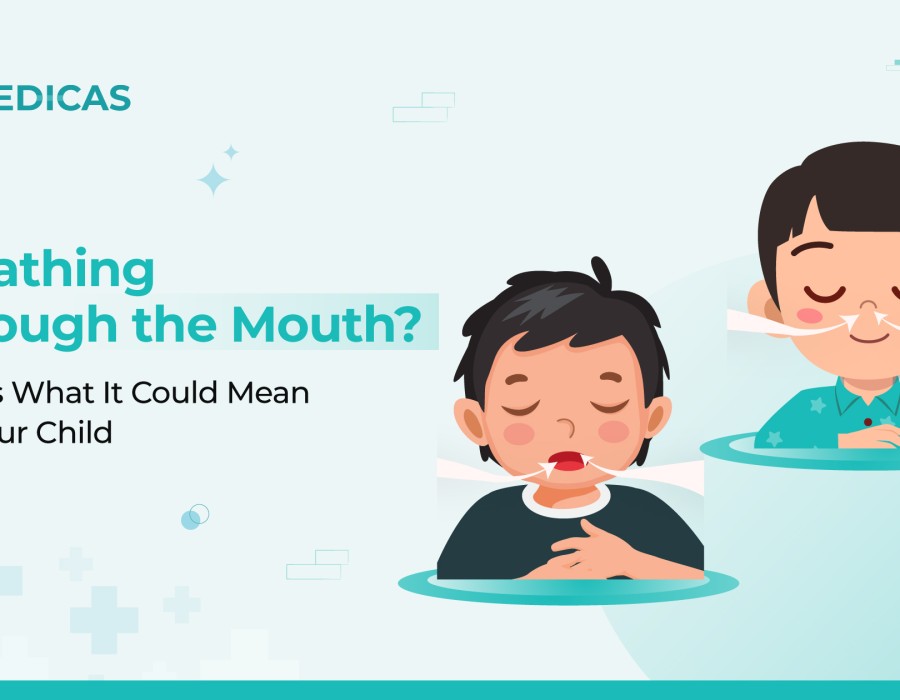Mouth breathing in children may seem harmless, but it can have significant effects on their health, development, and overall well-being. While occasional mouth breathing—such as during a cold—is normal, chronic mouth breathing often signals underlying issues like allergies, enlarged tonsils or adenoids, nasal congestion, or structural airway problems.
Children who habitually breathe through their mouths may experience dry mouth, dental issues, poor sleep, difficulty concentrating, and changes in facial structure, commonly referred to as “mouth breather face.” If left untreated, it can impact speech development, posture, and even growth.
Early intervention is key. Treatment may involve addressing the root cause—through allergy management, nasal breathing exercises, myofunctional therapy, or orthodontic solutions—to restore healthy nasal breathing. Parents should consult a pediatrician or ENT specialist if they notice persistent open-mouth posture, snoring, or facial changes in their child.
By identifying and treating mouth breathing early, you can help your child breathe better, sleep well, and develop optimally.





Comments